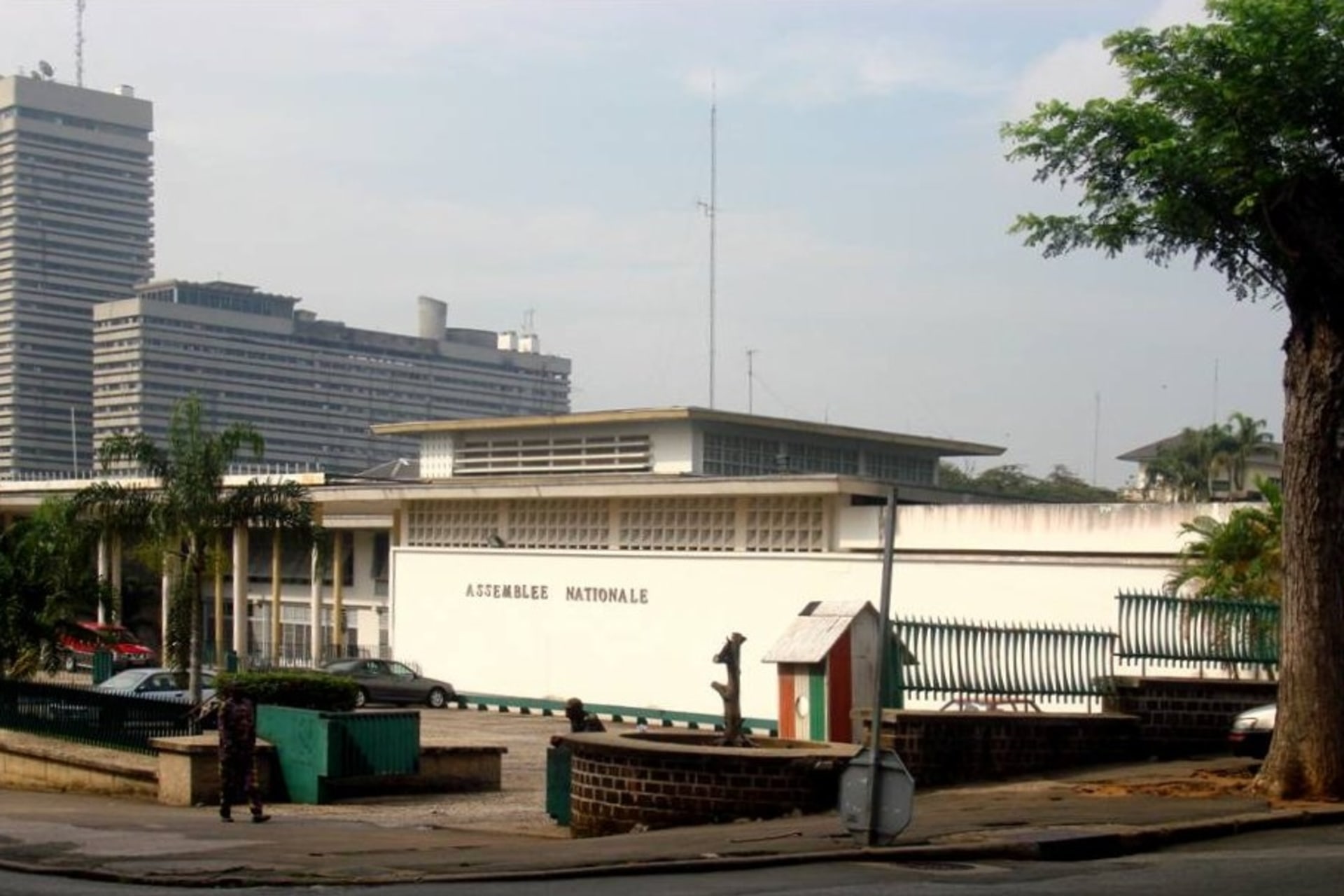The Changing Style of African Coups

By experts and staff
- Published
By
- John CampbellRalph Bunche Senior Fellow for Africa Policy Studies
Something of a democratic recessional is underway in sub-Sahara, with a weakening of civil society and democratic institutions. This both reflects and facilitates assaults on civilian, secular governments by domestic insurrections—as well as jihadi and criminal elements—against the backdrop of an economic slowdown and COVID-19. As the August coup in Mali shows, military seizures of power have not disappeared entirely. Nevertheless, the old style of coups—occupation of the state radio and television stations, the presidential palace, and perhaps the central bank, with the arrest of the deposed chief of state by military units based in the capital, all accompanied by martial music—has become rare in Africa. Old-style coups as methods of transferring power face international opprobrium. More common now are incumbent chiefs of state, often with an authoritarian bent, using different, more subtle methods to stay in power rather than seize it, often justifying themselves by the need to counter insurgencies or even COVID-19.
The new playbook often includes somehow overturning constitutionally mandated presidential term limits and then winning rigged or managed elections. However, as Guinea-Bissau President Umaro Sissoco Embaló told the Economic Community of West African States, third terms “count” as coups. Nonetheless, the abolition of term limits often has a veneer of legality, while the subsequent elections, represented as expressions of the will of the people, confer international legitimacy, if much less so at home. In Mali, a military regime, by appointing a civilian, fig-leaf prime minister and promising elections in the future, has largely satisfied African and international opinion. In other African countries, incumbents make it all but impossible for challengers to campaign.
Over the next six months, elections are scheduled in Benin, Burkina Faso, Central African Republic, Ghana, Guinea, Ivory Coast, Niger, Seychelles, Uganda, and Tanzania. With only the exception of Niger, presidential incumbents are all running for reelection. Alteration of the constitution to sidestep term limits, intimidation of opposition candidates, and repression of critics have already attracted Western media attention in Guinea, Ivory Coast, Uganda, and Tanzania. More are likely to follow.
Western media reports the disappointment of some African human rights activists in declining American commitment to supporting African elections. Certainly the Trump administration and Secretary of State Mike Pompeo have been less active than President Obama and former Secretary of State John Kerry. The Trump administration’s laissez-faire stance toward third-termism in Africa has mostly coincided with a reversal in term limit norms on the continent: since 2015, leaders of eleven sub-Saharan countries have evaded or overseen the weakening of term limits.
However, in my new book, Nigeria and the Nation-State: Rethinking Diplomacy in the Postcolonial World, I argue that African elections as conducted today are a colonial construct that does not fit well with traditional African governance, and that too often they promote or reinforce authoritarian chiefs of state. Rather than focus on the mechanics of elections, U.S. policy should emphasize the rule of law and an independent judiciary as the path to improved governance and democracy.